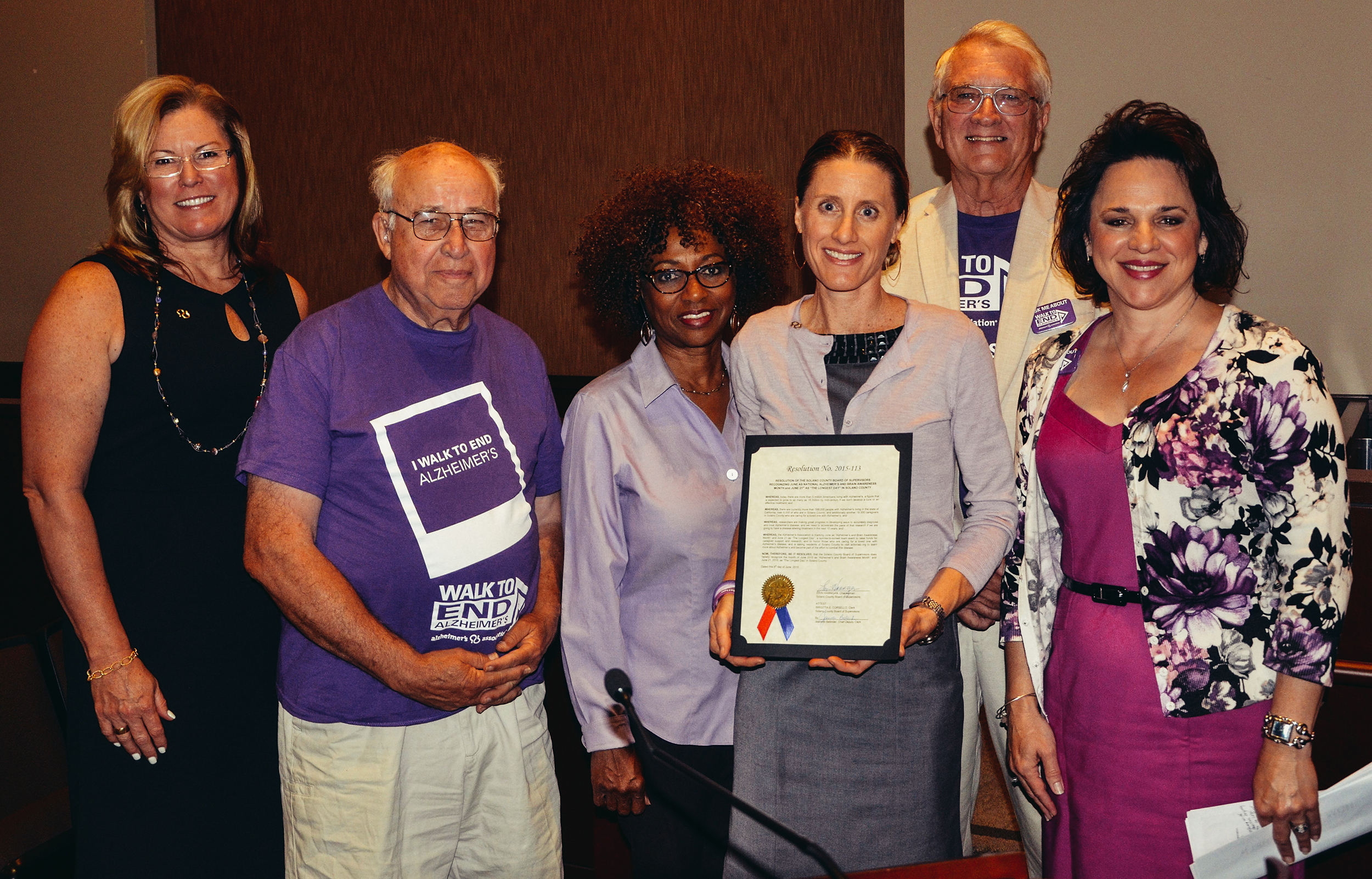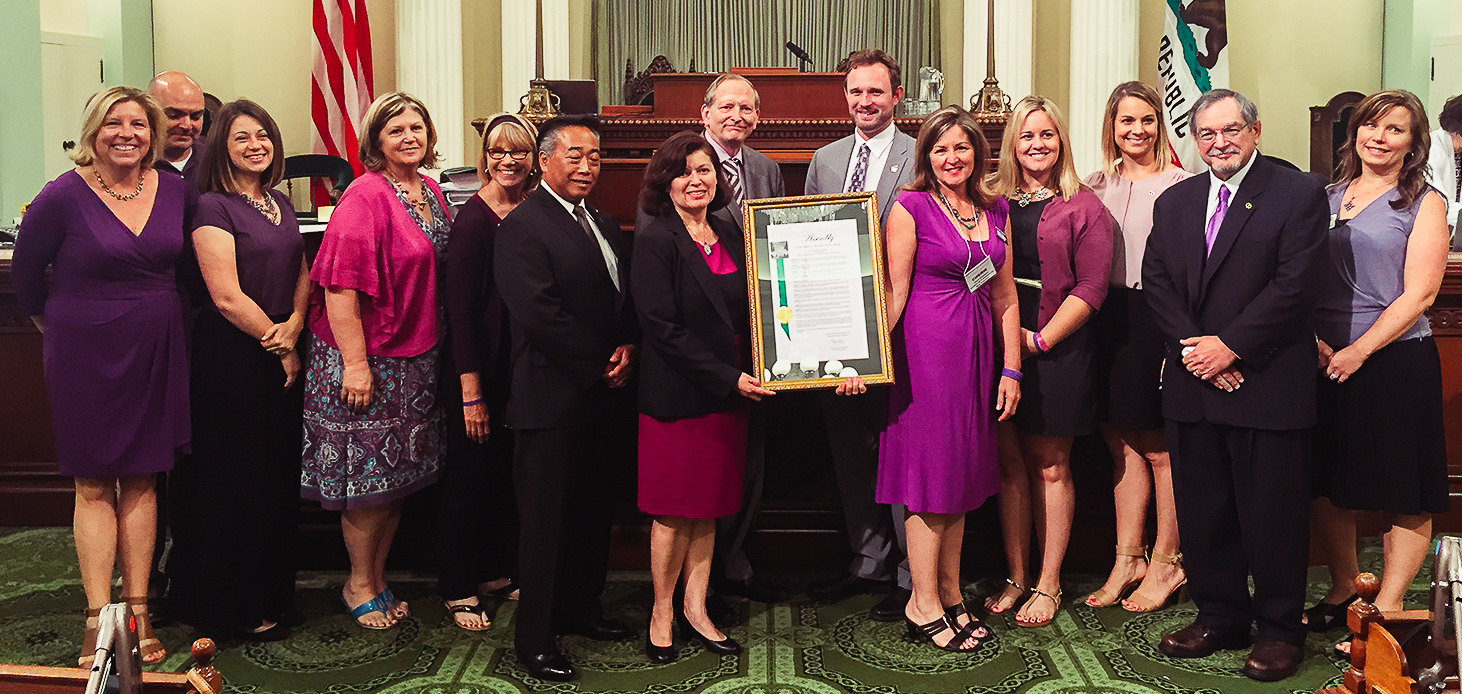 |
Welcome to the Alzheimer's Association, Northern California / Northern Nevada Advocacy Page
Upcoming Events / Volunteer to be an Advocate / What We're Working On
Follow us:Upcoming EventsVolunteer to Help End Alzheimer'sBy becoming an advocacy volunteer, you
can play a vital role in our efforts to strengthen federal, state and local policy
makers’ commitment to end this devastating disease. Things Congressional Team members do include:
Sign Up!
There are a few ways you can get involved with us. Here’s how:
What We’re Working OnFederal Policy
>> Find out who represents you in Congress
State Policy
To achieve meaningful progress, states must tackle Alzheimer's not only as an aging issue, but also as a public health crisis. Alzheimer's disease is a pivotal public health battle,and state governments stand on the front line. The Alzheimer's Association calls on state policymakers to take bold action to confront this epidemic, focusing on four key priorities: California
|
Nevada
- Find out who represents you in the Nevada Legislature
- Data on Alzheimer's and cognitive impairment in Nevada
- State Plan: In 2013, the Nevada Legislative Committee on Health Care released the Nevada State Plan to Address Alzheimer’s Disease, which includes 21 recommendations to Nevada policymakers to help Nevada prepare for the coming Alzheimer’s epidemic and improve conditions for people with the disease and their families. A state Task Force on Alzheimer’s Disease is currently meeting to discuss options for implementing those recommendations; you can read more information about the Task Force here.
- 2015 State Policy Platform
Facts and Figures
Data on Alzheimer's in your state and countyYou can also estimate the number of people in your county with Alzheimer's by using the 2010 US Census data on the number of people in your county 65+. Start by selecting your state on the map, then select your county at the top left, then click Browse Data Sets at the top right, then select Demographic Profile. Scroll down to see the total number of residents 65+. Coupled with the fact that 1 in 9 Americans 65+ has Alzheimer’s, this will give you a rough estimate of the number of people with the disease in your county. There is also My Congressional District, which gives you access to view statistics covering age, employment, education, and much more. |



 Alzheimer’s is the most expensive disease in America
Alzheimer’s is the most expensive disease in America